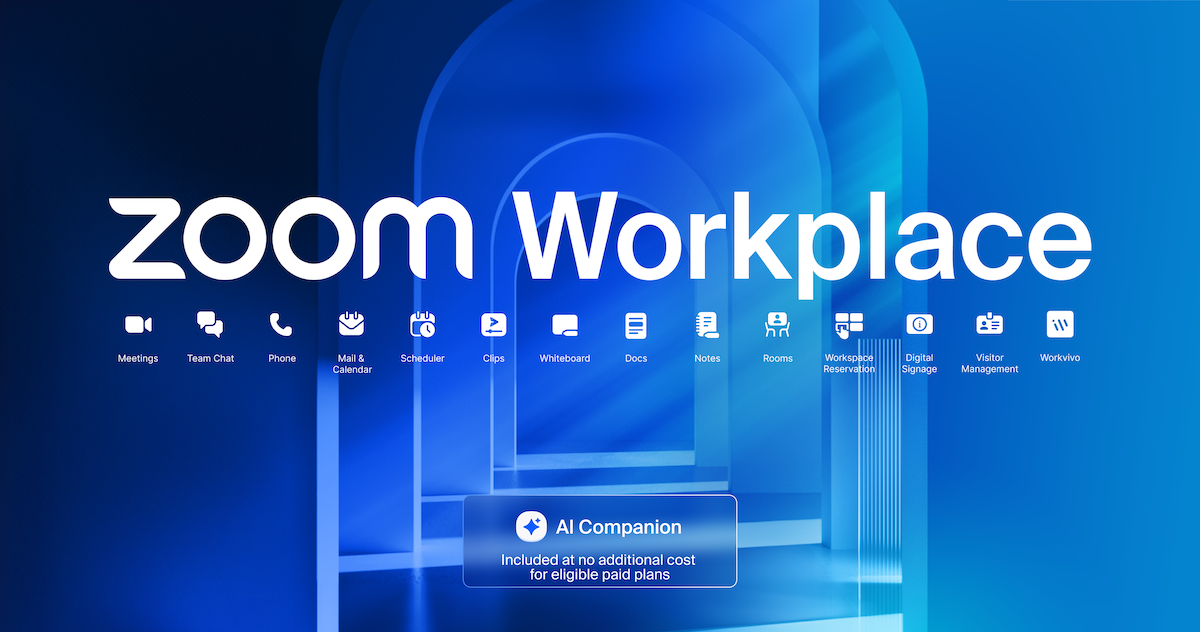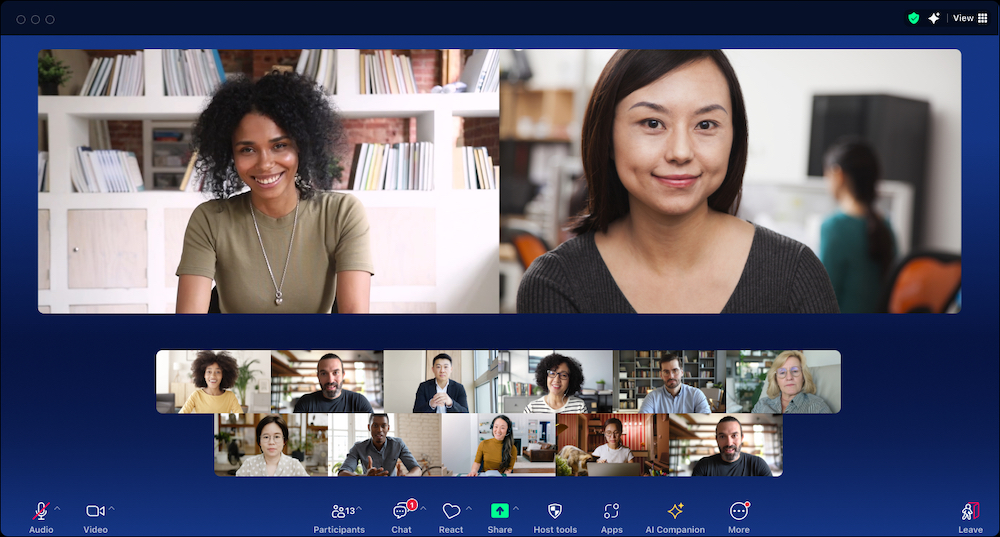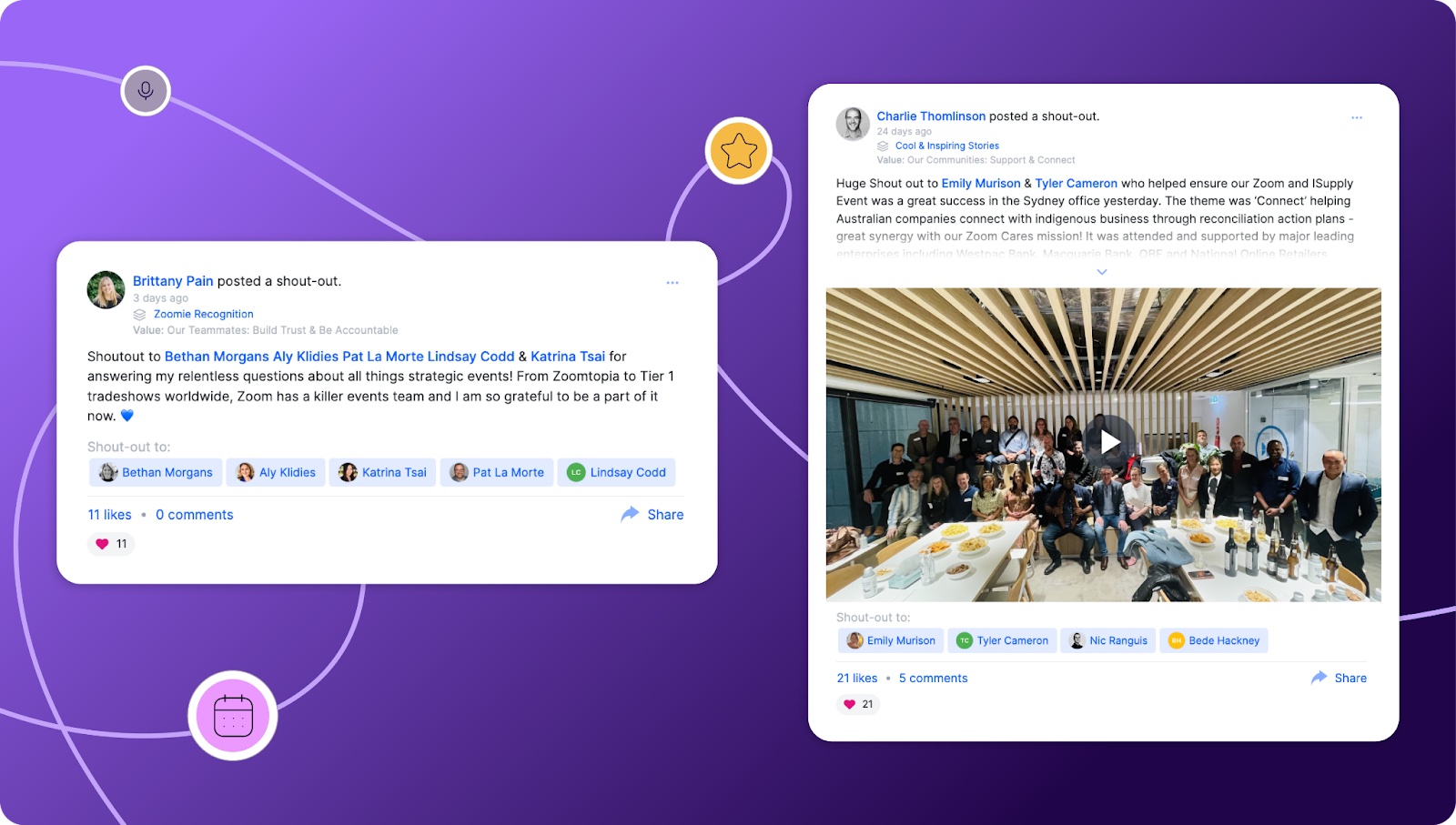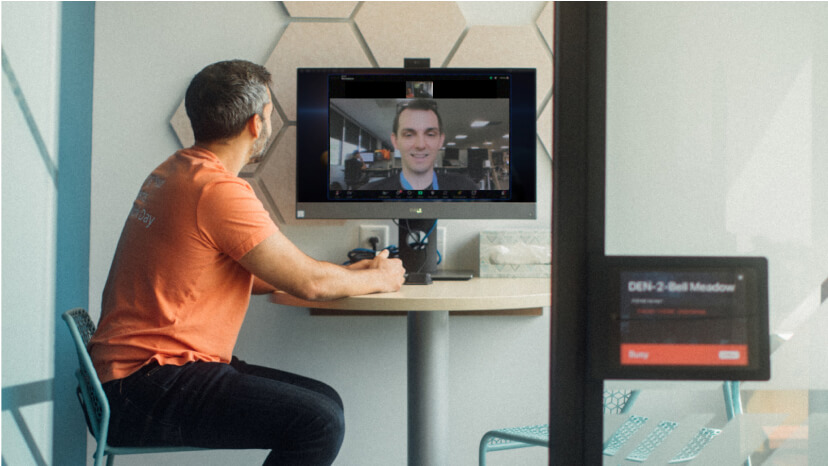Corporate culture has become a buzzword over the years, but what exactly does it mean? Culture extends beyond company happy hours and mission statements — it’s about whether your employees understand your organization’s “why” and how it shows up in their day-to-day work, providing them with an emotional connection to the company and their role in it.
Rakuten is a global company with many service areas, but even though employees may be separated by location or line of business, they’re all connected by a corporate culture known as “Rakuten Shugi.” According to Yasu, all employees around the world know what “Rakuten Shugi” means and believe in its value — a key component for success. “Corporate culture isn’t something employees need to adhere to, like a policy,” Yasu said. “Rakuten Shugi protects our employees in doing the right thing for our customers and the company.”
Yasu also touted the benefits of an employee recognition platform for building a strong company culture and improving well-being. Rakuten Symphony’s office in Germany implemented Workvivo, Zoom’s employee engagement platform, as a way to unify the team. Yasu said that one month after the launch, over 80% of employees had activated Workvivo and were posting news and shoutouts to recognize their peers.
“I believe employee engagement can be built on both a strong culture platform and on tools like Workvivo,” Yasu said.














